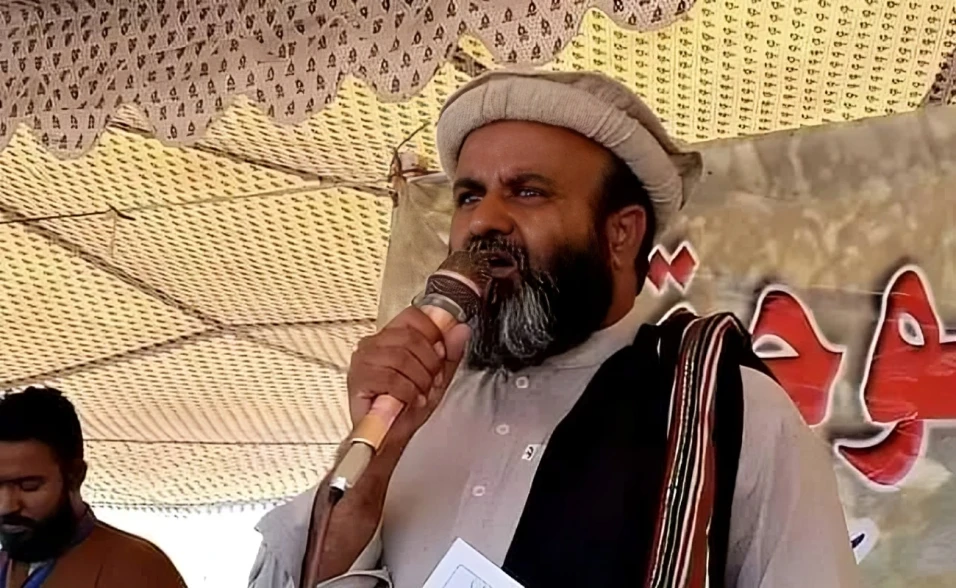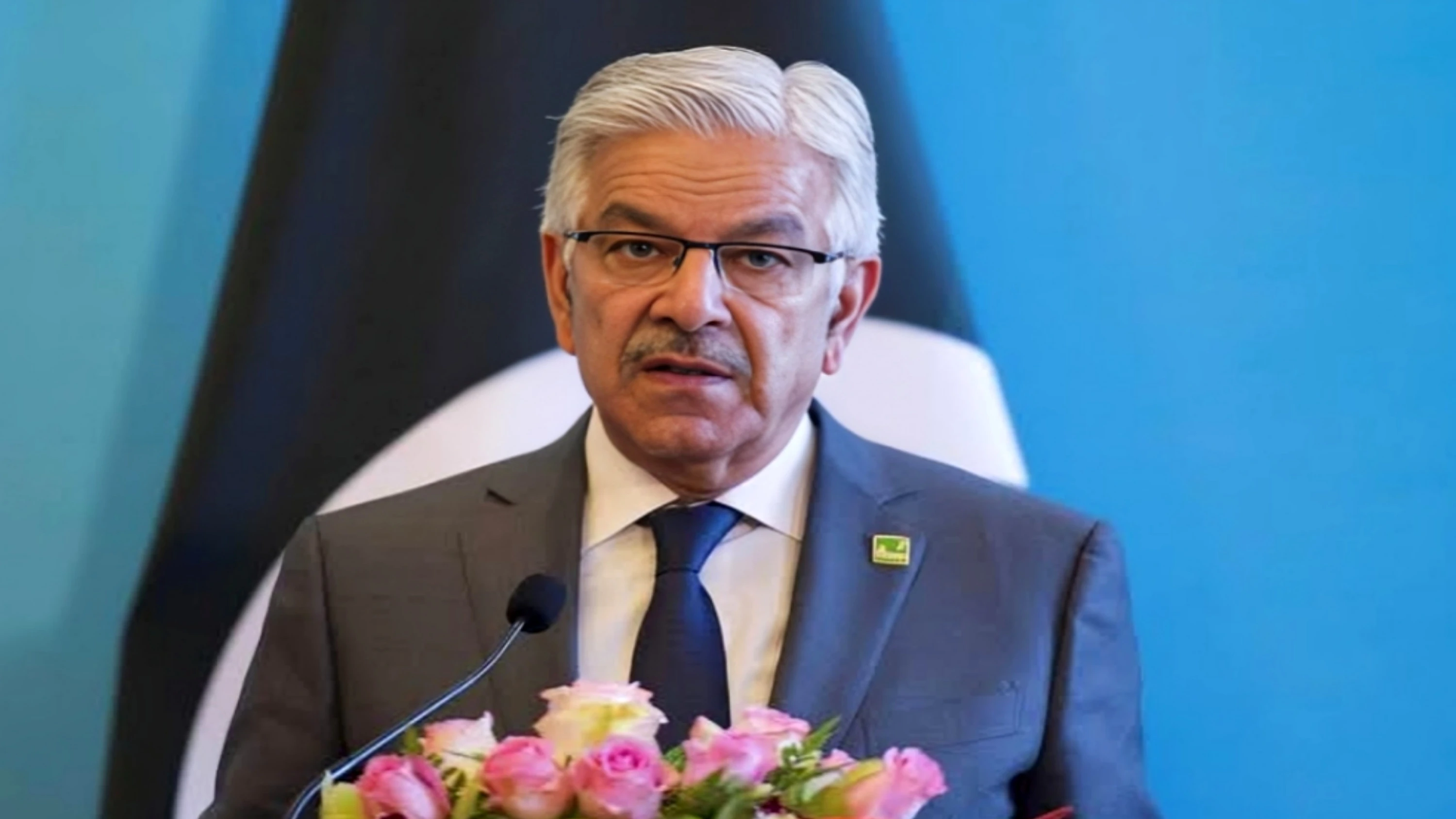Gwadar: Despite being Pakistan’s most expensive airport, the New Gwadar International Airport remains without passengers or flights, raising questions about its purpose and future.
The $240 million facility, fully funded by China, was completed in October 2024, and the first flight took place on 31st January, yet there is no clear timeline for its official opening.
Situated in the coastal city of Gwadar, the airport stands in stark contrast to the surrounding poverty of Balochistan province. Over the past decade, China has invested billions in Gwadar and the region as part of the China-Pakistan Economic Corridor (CPEC), aimed at linking China’s Xinjiang province to the Arabian Sea. While authorities tout the project as a game-changer, little evidence of improvement is visible on the ground.
Gwadar, home to around 90,000 people, still lacks basic amenities. The city remains disconnected from Pakistan’s national power grid, relying on electricity from Iran and solar panels. Clean water is scarce, and many residents see little benefit in an airport designed for 400,000 passengers annually.
According to international relations expert Azeem Khalid, the airport primarily serves China’s interests rather than Pakistan’s. “This airport is not for Pakistan or Gwadar,” he said. “It is for China, so they can have secure access to Gwadar and Balochistan.”
Balochistan has long been home to a separatist insurgency fueled by grievances over resource exploitation and lack of local benefits. Militants frequently target both Pakistani security forces and Chinese nationals working on CPEC projects. The government has responded by intensifying its military presence in Gwadar, turning the city into a heavily policed zone with numerous checkpoints, watchtowers, and road closures to secure Chinese workers and government officials.
Journalists visiting the area face strict surveillance, and even the local fish market is off-limits for media coverage. The heightened security has left many residents frustrated.
“Nobody used to ask where we were going or what we were doing,” said 76-year-old Gwadar native Khuda Bakhsh Hashim. “Now we are constantly questioned about our identity and movements on our own land.”
Hashim recalls a time when Gwadar was part of Oman and served as a stopover for passenger ships traveling to Mumbai. Life was simpler, jobs were available, and essential resources like food and water were abundant. Today, however, drought and mismanagement have left the city struggling.
While the government claims that CPEC has created around 2,000 jobs for locals, it remains unclear whether these positions have gone to native Baloch residents or people from other parts of Pakistan. Local leaders argue that the benefits of development projects are not reaching them.
Gwadar, despite its strategic significance, remains poorly connected. Its domestic airport has just one commercial route to Karachi, operating three times a week. There are no direct flights to Quetta, Balochistan’s capital, or to Islamabad. The scenic coastal highway linking Gwadar to Karachi offers few services and facilities.
Security concerns have delayed the new airport’s inauguration, with authorities worried that nearby mountains could serve as a base for militant attacks. The formal opening was ultimately conducted online by Pakistani Prime Minister Shehbaz Sharif and Chinese Premier Li Qiang. The first flight, held in secrecy, was not open to the media or the public.
Abdul Ghafoor Hoth, a leader of the Balochistan Awami Party, criticized the lack of local employment at the new airport. “Not a single resident of Gwadar was hired to work at the airport—not even as a watchman,” he said.
Hoth recently led protests over Gwadar’s poor living conditions, which lasted 47 days before the government pledged to address issues such as electricity and water shortages. However, no significant progress has been made since then.
Experts argue that without local employment and economic participation, CPEC’s promised benefits will not materialize. Khalid, the international relations analyst, believes that China’s investments have only increased the military presence in Gwadar, deepening mistrust between the local population and the state.
“The government is not willing to give anything to the Baloch people, and the Baloch are not willing to take anything from the government,” Khalid said.
For many locals like Hashim, the hope remains that CPEC will bring real economic opportunities, preventing young people from resorting to desperate measures. “If people have enough to eat, they won’t turn to the wrong path,” he said. “But right now, life is getting harder.”








